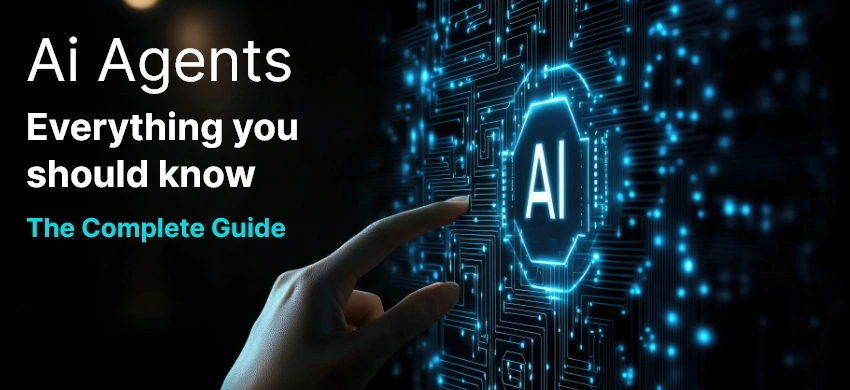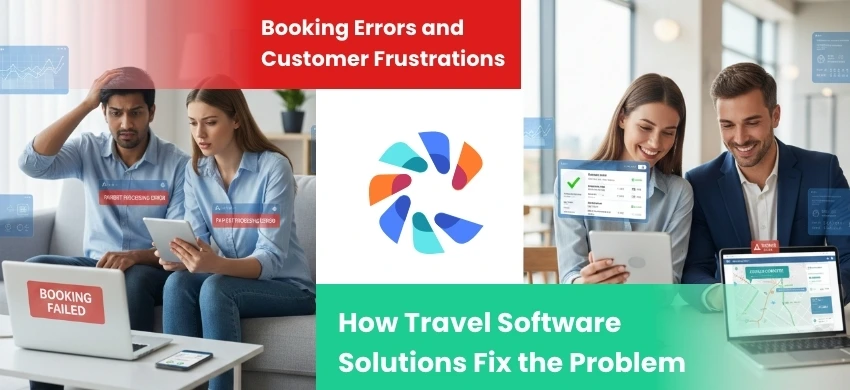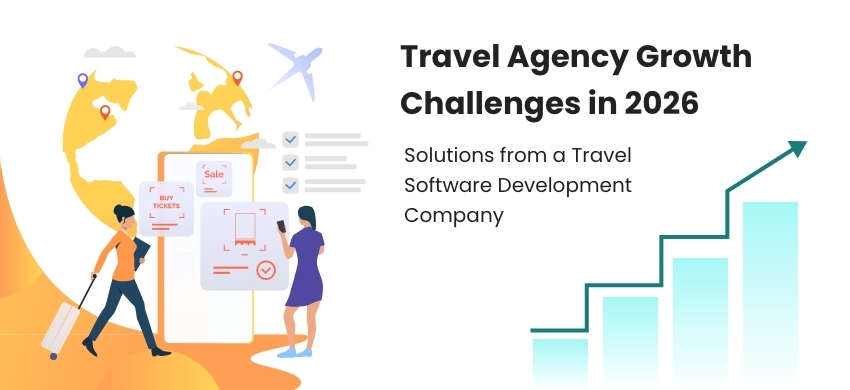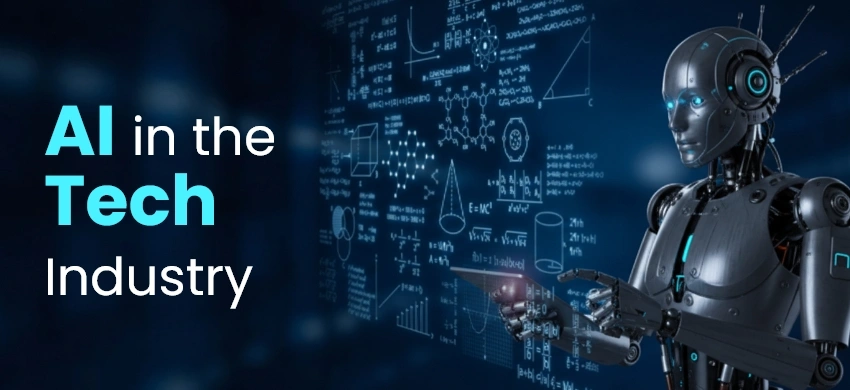
Artificial Intelligence has become a central part of technological advancement, and AI agents are among the most transformative innovations of this era. In 2025, AI agents are no longer just theoretical concepts. They are autonomous or semi-autonomous systems capable of perceiving their environment, making decisions, executing tasks, and continuously learning to optimize performance. Businesses across industries are leveraging AI agents to automate operations, improve efficiency, enhance customer experience, and generate actionable insights. This guide provides an in-depth exploration of AI agents in 2025, covering types, architecture, applications, tools, ethics, generative AI integration, case studies, performance optimization, and future trends.
Introduction to AI Agents
AI agents are intelligent software programs designed to perform specific tasks autonomously while interacting with their environment. Unlike traditional AI, which primarily processes data and produces outputs, AI agents can take actions based on real-time analysis, predict outcomes, and adapt over time. You will find AI agents in chatbots, virtual assistants, self-driving cars, robotic manufacturing systems, and enterprise automation platforms.
The rapid development of AI agents has been driven by advances in machine learning, reinforcement learning, natural language processing, and generative AI. These technologies enable AI agents to operate independently, solve complex problems, and support strategic decision-making. At Codemech Solutions we provide AI agent development services, including custom agent development, system integration, deployment to cloud and edge environments, and ongoing monitoring and optimization. Our Generative AI Integration Services help businesses streamline workflows, automate content creation, and improve operational efficiency.
Types of AI Agents
AI agents can be classified based on their functionality, intelligence, and interaction with the environment:
Reactive Agents Reactive agents respond immediately to environmental stimuli without memory of past states. They are suitable for real-time, simple tasks such as automated sensors in smart homes or industrial equipment monitoring.
Deliberative Agents Deliberative agents maintain an internal model of the environment and plan actions based on reasoning and logic. They are effective in scenarios that require complex decision-making and long-term planning.
Goal-Based Agents Goal-based agents are designed to achieve specific objectives. They evaluate different actions and select the ones that maximize the likelihood of reaching their goals.
Utility-Based Agents Utility-based agents optimize multiple objectives simultaneously by calculating utility values for different actions, making them ideal for complex optimization tasks.
Learning Agents Learning agents improve performance over time using machine learning techniques. Supervised learning, unsupervised learning, and reinforcement learning enable them to adapt and enhance outcomes.
Multi-Agent Systems Multi-agent systems involve multiple interacting agents working collaboratively or competitively to solve complex problems. Applications include traffic management, collaborative robotics, and distributed industrial systems.
Hybrid Agents Hybrid agents combine features from multiple agent types to achieve flexibility and adaptability, often used in dynamic and unpredictable environments.
How AI Agents Work
AI agents operate through a combination of perception, reasoning, learning, and action. Their functionality is built upon several critical components:
Sensors Sensors collect data from the environment, such as visual input, audio signals, temperature readings, or user interactions.
Actuators Actuators allow AI agents to perform physical or digital actions, including moving robotic components, sending notifications, or triggering automated processes.
Decision-Making Systems Algorithms including machine learning, reinforcement learning, and deep learning determine the agent’s next action. Decision-making relies on analyzing inputs, evaluating options, and predicting outcomes.
Knowledge Representation Agents store and process information to make informed decisions. Knowledge representation structures information in ways that allow reasoning, planning, and learning.
Environment Interaction AI agents continuously interact with their environment, gathering feedback to adapt actions and improve performance over time.
AI Agent Architectures and Frameworks
Developing effective AI agents requires strong architectural foundations and development frameworks:
Agent Architectures Layered architecture, belief-desire-intention (BDI) models, and blackboard systems are widely used to structure AI agent behavior.
Frameworks and Libraries LangChain, OpenAI GPT, and Microsoft Semantic Kernel are among the most popular frameworks, providing developers with tools to build intelligent, multi-functional agents.
API and SDK Integrations APIs and SDKs allow AI agents to interface with enterprise systems such as CRM, ERP, and collaboration platforms, enabling seamless workflow automation.
Cloud and Edge Deployment Cloud deployment ensures scalability, while edge computing allows real-time processing for latency-sensitive applications such as autonomous vehicles and industrial robots.
Applications of AI Agents in 2025
AI agents are transforming multiple industries:
Healthcare
AI agents are used for diagnostics, virtual health assistants, patient monitoring, and personalized treatment recommendations. They reduce errors, enhance patient engagement, and optimize resource utilization.
Finance
AI agents power trading bots, risk assessment systems, fraud detection platforms, and portfolio management tools. They analyze vast datasets to support faster and more accurate decision-making.
Robotics and Manufacturing
AI agents automate production lines, perform quality inspections, manage supply chains, and predict equipment maintenance requirements.
Customer Service
Chatbots and virtual assistants improve response times, provide personalized solutions, and enhance overall customer experience.
Autonomous Vehicles
Self-driving cars rely on AI agents for navigation, obstacle detection, traffic prediction, and safety protocols.
Smart Cities and Energy Management
AI agents optimize traffic flow, manage energy consumption, and improve public safety infrastructure.
Education
AI agents provide personalized learning paths, automated grading, and interactive tutoring for students.
Retail and E-Commerce
Recommendation engines, inventory management, and automated customer engagement systems use AI agents to increase sales and improve operational efficiency.
Entertainment and Media
AI agents generate content, personalize media experiences, and power interactive gaming environments.
Government and Public Services
Policy analysis, citizen service management, and infrastructure monitoring benefit from intelligent AI agents.
Generative AI and AI Agents
Generative AI is enabling AI agents to produce content, predictive insights, and personalized interactions dynamically.
Integration with Generative AI: AI agents can generate text, images, video, and even code, expanding their functional capabilities across industries.
Benefits: Generative AI increases automation, creativity, personalization, and efficiency. It allows AI agents to handle more complex and adaptive tasks.
Use Cases: Content creation, interactive virtual assistants, predictive analytics, customer engagement, and personalized marketing campaigns benefit from generative AI integration.
Building and Deploying AI Agents
Steps to develop an AI agent include:
Define Project Goals: Establish clear objectives that the AI agent will achieve.
Select AI Models and Algorithms: Choose appropriate models based on tasks, including ML, reinforcement learning, or deep learning.
Data Collection and Preparation: Gather, clean, and structure relevant data for model training.
Train and Test AI Agents: Validate models using training and testing datasets, ensuring accuracy and reliability.
Deployment: Deploy AI agents on cloud, edge, or hybrid environments depending on performance requirements.
Monitoring and Continuous Optimization: Track performance metrics and retrain models to improve efficiency and accuracy over time.
Tools and Platforms for AI Agents
Key tools for AI agent development include:
Open-Source Frameworks: LangChain, OpenAI GPT, Microsoft Semantic Kernel
Cloud Platforms: AWS, Azure, Google Cloud
Low-Code or No-Code Platforms: Enable fast AI agent creation without extensive coding
Monitoring Tools: Evaluate performance, detect errors, and improve decision-making
Integration Platforms: Connect AI agents to ERP, CRM, and collaboration tools
Ethics, Privacy, and Security
Ensuring ethical and secure AI agent deployment is essential:
Bias and Fairness: Prevent discriminatory outcomes in AI decision-making
Data Privacy and Protection: Secure sensitive user and business data
Compliance: Follow GDPR and international AI regulations
Transparency and Accountability: Maintain explainable AI processes
Responsible AI Design: Develop AI agents according to ethical principles
AI Agent Performance and Optimization
Performance optimization is key to effective AI agents:
Metrics: Accuracy, speed, user satisfaction, and reliability
Techniques: Hyperparameter tuning, retraining, and algorithm improvement
Multi-Agent Coordination: Improve collaboration for better outcomes
Continuous Learning: AI agents adapt and improve with new data
Future Trends in AI Agents
AI agents will continue evolving, driven by technology and business needs:
Predictive and Proactive Agents: Anticipate user needs and automate responses
Integration with AGI: Future collaboration with Artificial General Intelligence
Advanced Autonomous Systems: Robotics, smart cities, and industrial automation
Industry-Specific Applications: Healthcare, finance, education, logistics, and public services
Opportunities: Improved efficiency, personalization, and decision-making
Challenges: Ethics, regulation, and technical complexity
Conclusion
AI agents in 2025 are intelligent, adaptive, and transformative tools that are reshaping industries. Businesses can leverage AI agents to improve automation, decision-making, customer engagement, and operational efficiency. Integrating AI agents with Generative AI Integration Services from Codemech Solutions allows organizations to maximize productivity and innovation. Understanding AI agents’ types, architecture, tools, applications, ethics, and future trends is essential for businesses to stay competitive in a technology-driven world.





